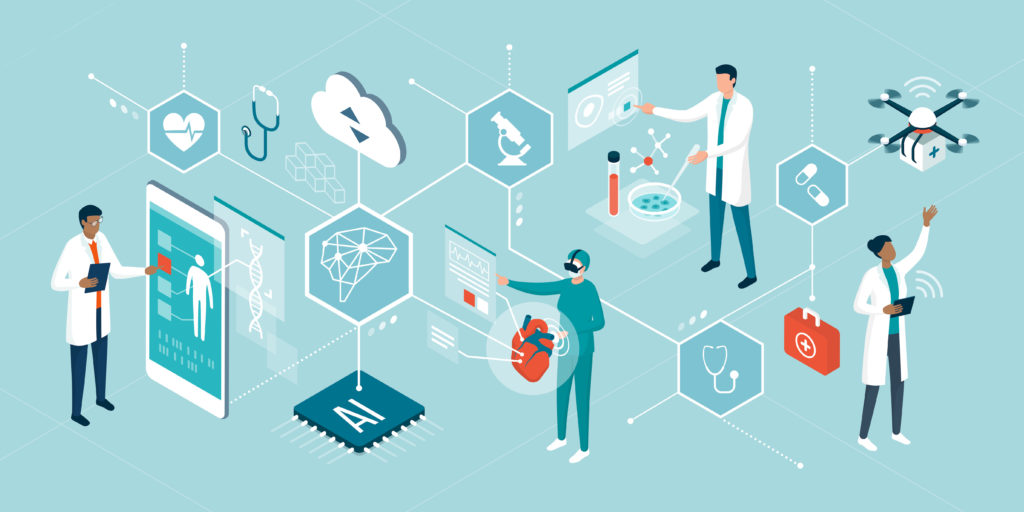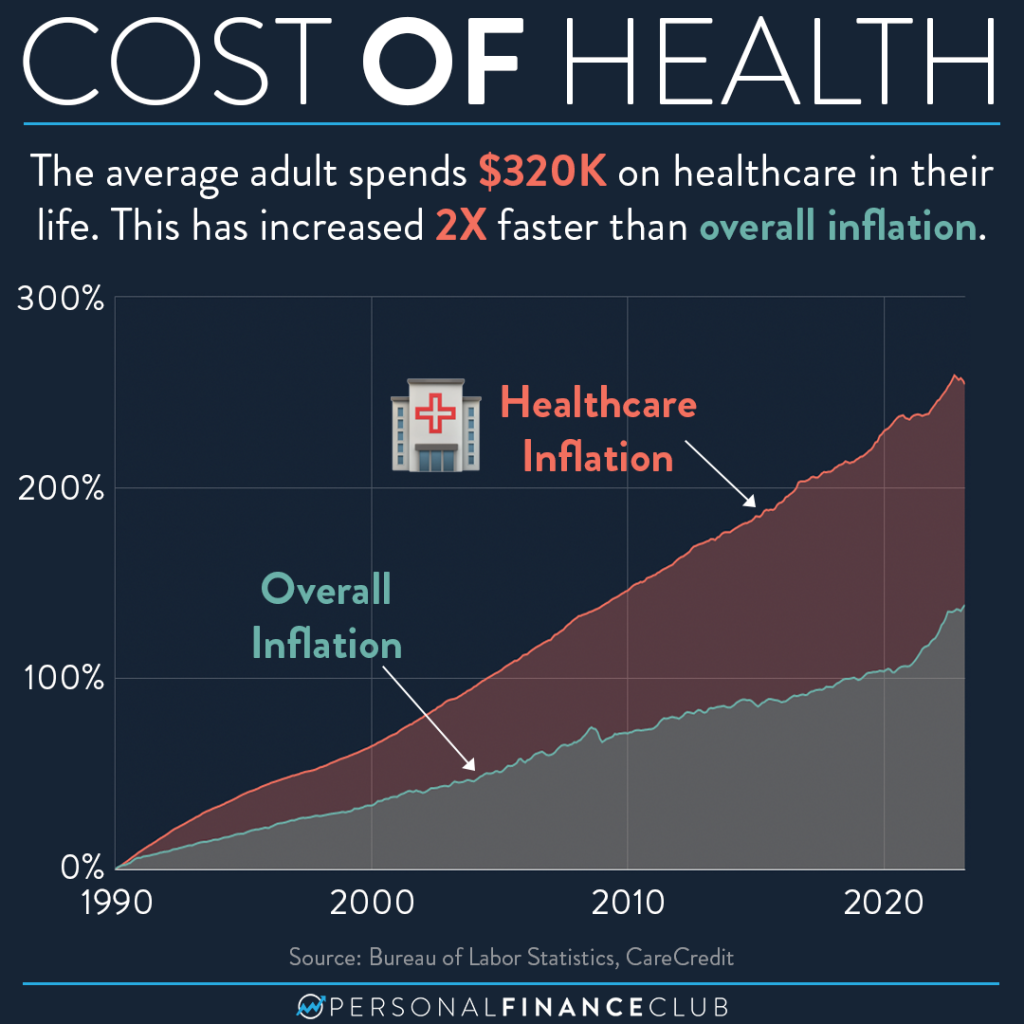How Healthcare RCM Solutions Streamline Billing and Collections
How Healthcare RCM Solutions Streamline Billing and Collections
Blog Article
Revealing the Conveniences of Health Care RCM in Improving Performance and Precision in Revenue Cycle Management
In the quickly progressing health care landscape, the value of Revenue Cycle Administration (RCM) can not be overemphasized (Healthcare RCM). As health care companies aim for precision and efficiency, RCM arises as a pivotal tool in streamlining operations, reducing mistakes, and boosting economic end results. By incorporating with Electronic Wellness Records and leveraging innovative innovations, RCM not only enhances administrative jobs yet additionally enhances the cases refining experience. This makeover holds the potential to redefine monetary efficiency and person trust. Yet, what are the certain mechanisms driving these improvements, and exactly how can they be taken advantage of to their complete possibility?
Simplifying Management Jobs

In addition, the assimilation of electronic health records (EHR) with RCM systems assists in real-time information access and sharing, making it possible for medical care professionals to make enlightened choices immediately. This interconnectedness not just boosts communication between scientific and management groups yet additionally improves individual contentment by lowering waiting times and billing discrepancies - Healthcare RCM. In addition, streamlined management processes allow for far better compliance with regulative standards, mitigating threats related to audits and fines
Eventually, the emphasis on refining management tasks in RCM results in set you back savings and enhanced monetary performance. By investing in automation and optimizing workflows, medical care organizations can achieve a much more lasting revenue cycle, guaranteeing long-term practicality and the ability to adapt to developing sector demands.
Enhancing Claims Processing
Exactly how can healthcare companies improve the performance of their claims processing? The combination of advanced Revenue Cycle Administration (RCM) systems uses a robust remedy. By utilizing automation and advanced analytics, RCM systems streamline the complex and typically difficult cases processing jobs. Automation minimizes manual information entry mistakes, guarantees conformity with the most recent billing codes, and increases the overall insurance claims lifecycle from submission to reimbursement.
Moreover, real-time analytics play a critical role in enhancing claims refining efficiency. These analytics devices give understandings into bottlenecks and possible denials, enabling doctor to attend to problems proactively. Predictive analytics can forecast patterns in claim denials, enabling preemptive actions to mitigate them, hence minimizing the moment considered cases to be refined and accepted.
Additionally, the fostering of electronic health documents (EHR) integrated with RCM systems ensures smooth information flow, minimizing redundancies and raising the precision of info sent in insurance claims. A consistent responses loop facilitated by RCM systems better improves the procedure, cultivating constant renovation.
Eventually, by leveraging technology-driven solutions in insurance claims refining, healthcare organizations can enhance functional efficiency, boost capital, and supply a smoother experience for patients and personnel alike.
Lowering Monetary Errors
Precise financial administration is essential in health care, where reducing economic mistakes can substantially impact operational success. Monetary errors, whether due to inaccurate billing, coding inaccuracies, or mismanagement of person accounts, can cause significant earnings loss and strained relationships with patients and payers. Addressing these mistakes is necessary to preserve a medical care company's monetary health and enhance its reputation.
Healthcare Earnings Cycle Management (RCM) plays an essential role in reducing such errors via structured processes. By applying standard procedures for invoicing, coding, and collections, doctor can guarantee that financial purchases are managed with accuracy. Comprehensive training for team on present coding regulations and billing techniques likewise reduces the possibility of browse around this web-site mistakes, guaranteeing claims are properly processed and compensated.

Additionally, detailed audits and regular financial reviews within the RCM framework permit the early discovery and correction of disparities. Ensuring precision in client information entry and confirmation even more mitigates errors, as this is commonly a key source of inaccuracies. By focusing on these calculated locations, healthcare organizations can reduce monetary mistakes, consequently securing their earnings streams and enhancing total functional effectiveness.
Leveraging Advanced Technologies
In today's rapidly progressing health care landscape, leveraging innovative technologies is necessary for enhancing Revenue Cycle Administration (RCM) processes. By integrating cutting-edge solutions such as synthetic knowledge (AI), machine knowing (ML), and robot process automation (RPA), doctor can dramatically improve the efficiency and accuracy of their RCM operations. These modern technologies assist in enhancing repetitive jobs, reducing hand-operated mistakes, and allowing faster processing of insurance claims.

In addition, the assimilation of blockchain technology improves information security and openness within RCM (Healthcare RCM). It makes certain that delicate info is secured while maintaining an immutable record of transactions. This is essential for building count on with clients and stakeholders
Boosting Financial Performance
Building on the effectiveness gotten via advanced technologies, health care companies can substantially boost their financial efficiency by improving their Income Cycle Monitoring (RCM) methods. By maximizing payment processes, lessening claim denials, and enhancing money circulation, healthcare organizations can attain far better financial security.
Additionally, information analytics within RCM systems supply beneficial insights right into economic fads and functional bottlenecks. By leveraging these insights, doctor can make enlightened decisions to improve monetary end results, such as adjusting billing practices or renegotiating payer contracts. Boosted accuracy in coding and documents even more lowers case denials and audits, cultivating a smooth revenue cycle.
In addition, client interaction tools incorporated within RCM systems boost client contentment by giving clear invoicing information and adaptable settlement options. This transparency not just enhances patient-provider connections however likewise urges prompt settlements, decreasing outstanding accounts receivables.
Conclusion
Medical Care Profits Cycle Administration dramatically maximizes effectiveness and accuracy by improving administrative jobs and enhancing claims handling. Through the reduction of financial errors and the assimilation of advanced technologies such as AI and anticipating analytics, RCM facilitates conformity with payment codes and provides beneficial understandings into monetary patterns. This systematic approach not only minimizes potential claim denials yet likewise increases financial efficiency, consequently fostering trust and transparency you can try here with clients and stakeholders within the medical care system.
As health care carriers make every effort for precision and effectiveness, RCM arises as an essential device in simplifying my site operations, minimizing errors, and improving financial outcomes.Enhancing management jobs in medical care revenue cycle management (RCM) provides considerable advantages by boosting functional performance and lowering the worry on staff.Health Care Income Cycle Administration (RCM) plays an essential function in lessening such mistakes with structured processes.In today's quickly developing health care landscape, leveraging sophisticated innovations is necessary for enhancing Income Cycle Administration (RCM) processes.Building on the efficiencies obtained via innovative innovations, health care carriers can considerably enhance their economic efficiency by improving their Income Cycle Monitoring (RCM) methods.
Report this page